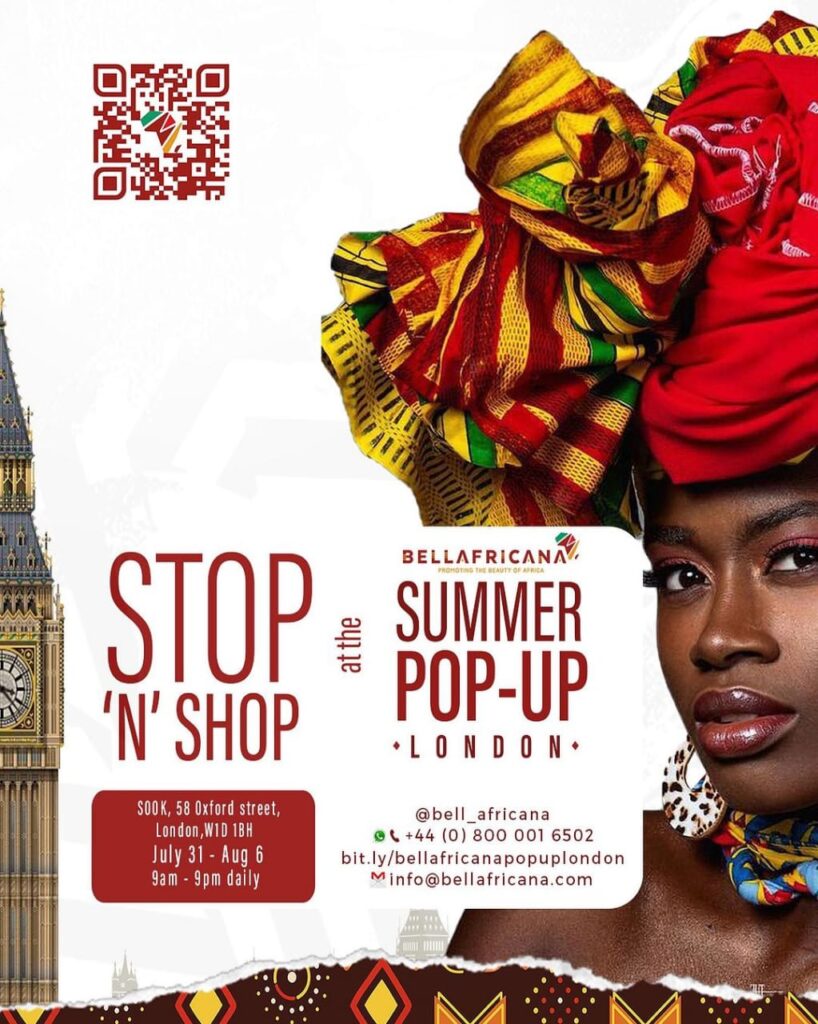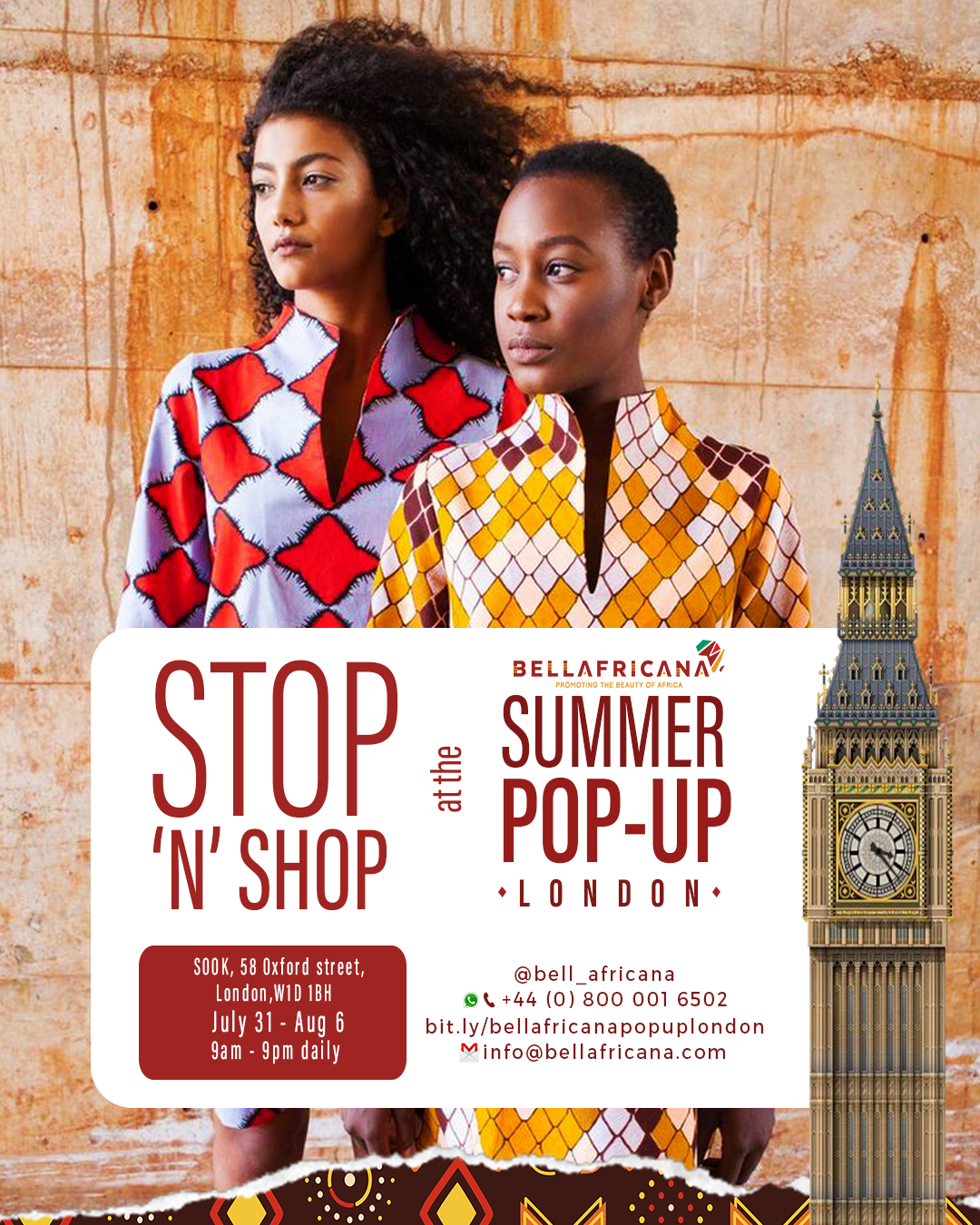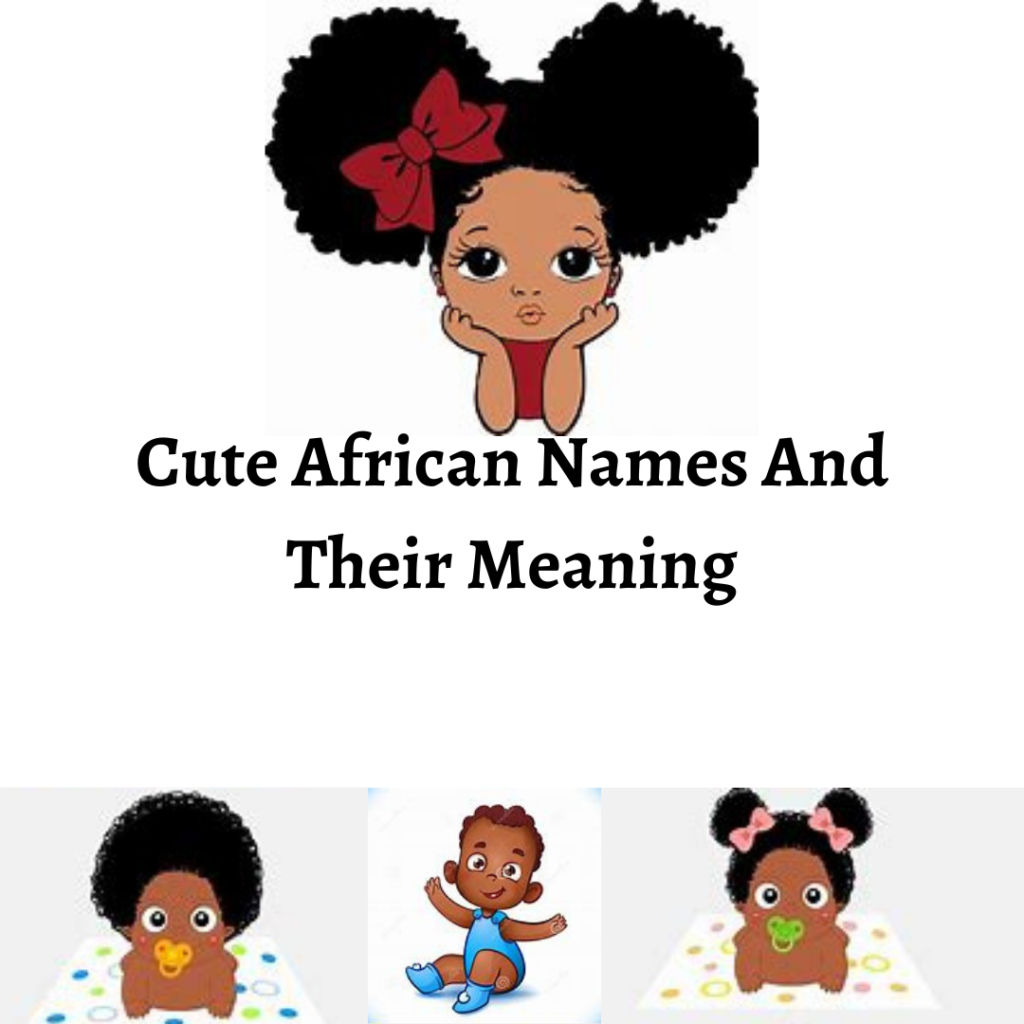In the wake of George Floyd’s tragic death, the world witnessed an unprecedented surge in solidarity within the Black community. One of the most inspiring and eye-opening responses while anger and sadness soared in the black community, was the collective decision to boycott major e-commerce giants and exclusively support Black designers and entrepreneurs. The Black Lives Movement was (and always has been) about economic action as much as it was a powerful statement of unity, resilience, and empowerment.
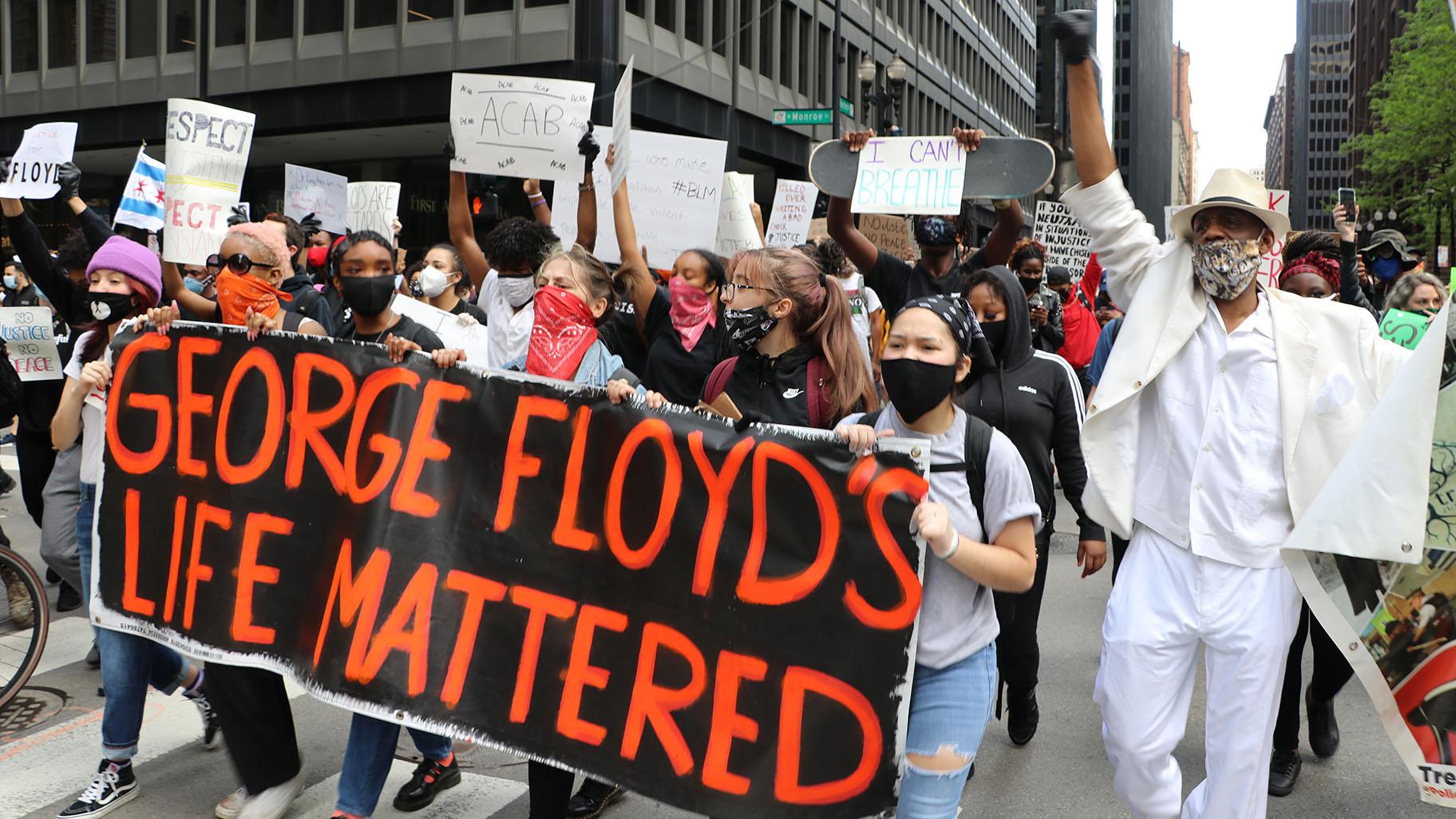
During the Black Lives Matter protests in 2020, there was a heightened awareness and intentional support for Black-owned businesses. The decision to shift spending away from large corporations and toward Black-owned businesses highlighted a significant cultural and economic awakening triggered by the fight to end racial discrimination, police brutality and social injustice. This movement served as a reminder of the immense potential within the Black community to support and uplift each other in time of need. It underscored the importance of economic power in the fight against systemic racism and inequality.
The boycott also provided a platform for Black designers and entrepreneurs who had long been overlooked by mainstream markets. The fashion industry was forced to question its embedded Eurocentric outlook and these talented individuals, often working in the shadows, suddenly found themselves in the spotlight with their creativity and innovation celebrated by a broader audience. The surge in support led to increased visibility, sales, and growth opportunities for many Black-owned businesses.
Fashion brand “Telfar” is a perfect case study, let’s explore this further.
Telfar, the unisex fashion brand founded by Liberian-American designer Telfar Clemens in 2005, saw a significant surge in popularity and support during the Black Lives Matter movement.
Some key factors that contributed to Telfar’s rise:
1. Representation and Inclusivity: Telfar has always championed inclusivity and accessibility in fashion, aligning with the values of the Black Lives Matter movement. The brand’s slogan, “Not for you, for everyone,” resonated with a wide audience seeking diversity and representation in the fashion industry.
2. Affordable Luxury: Telfar’s signature shopping bag, often referred to as the “Bushwick Birkin,” offers a high-quality, stylish alternative to expensive luxury bags. Its affordability and status as a fashion statement made it highly desirable during a time when consumers were seeking to support ethical and inclusive brands.
3. Community Engagement: Telfar’s strong community engagement, including direct interaction with fans on social media and transparent business practices, helped build a loyal customer base. This grassroots support was amplified during the movement as people looked for brands that aligned with their values.
4. Celebrity Endorsements: High-profile endorsements from celebrities like Solange Knowles, Bella Hadid, and A$AP Ferg helped elevate Telfar’s visibility and credibility. These endorsements became even more impactful as celebrities and influencers used their platforms to promote Black-owned brands during the movement.
5. Innovative Marketing and Collaborations: Telfar’s innovative marketing strategies, including the “Bag Security Program” that allowed customers to pre-order their bags, demonstrated a commitment to accessibility and inclusivity. Collaborations with major brands like Gap and UGG further expanded Telfar’s reach and visibility.
Overall, Telfar’s surge during the Black Lives Matter movement was driven by a combination of its core values, strategic positioning, and the broader cultural shift towards supporting Black-owned businesses and inclusive, accessible fashion.
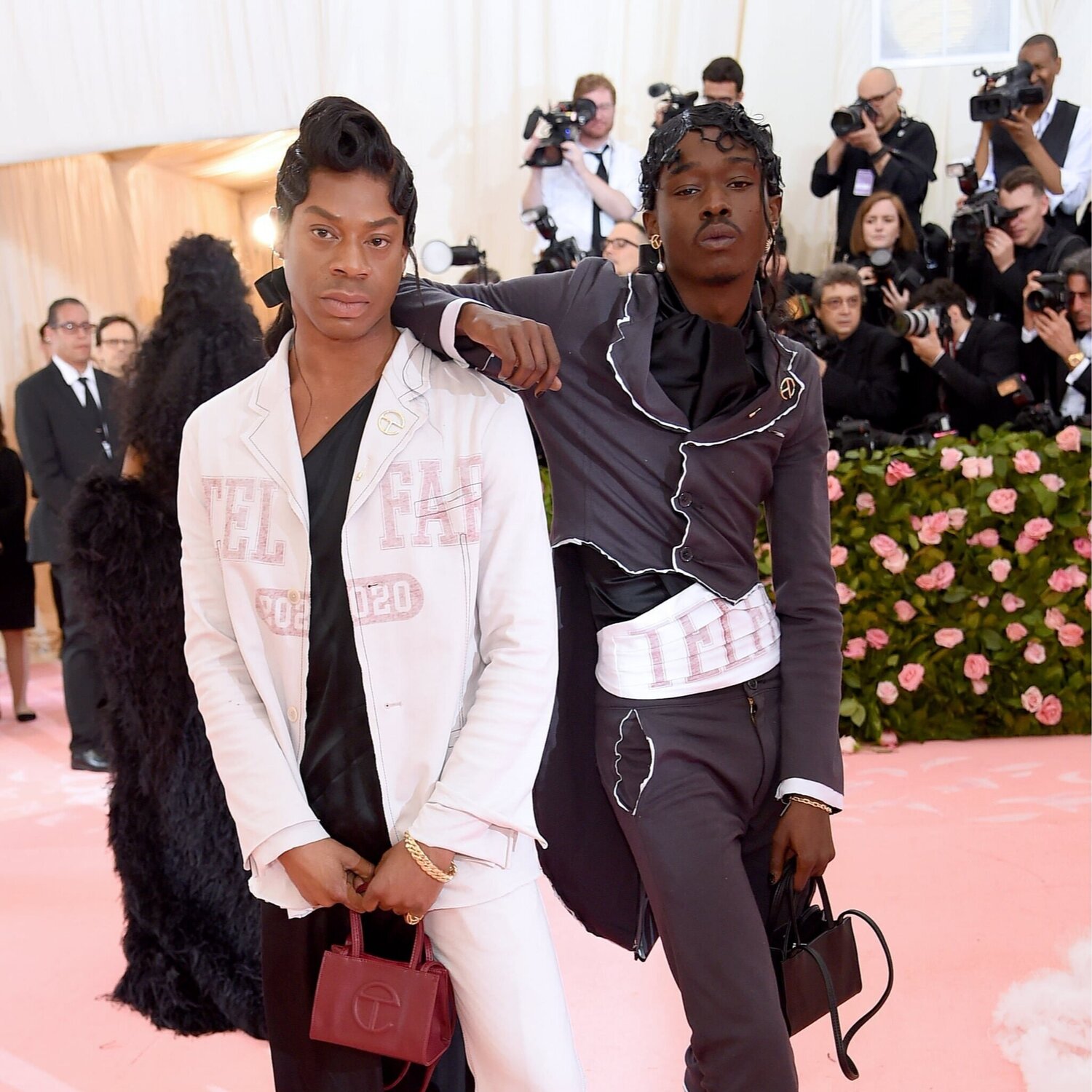
It goes beyond the walls of fashion, it cuts across all industries – Fenty beauty, Pat McGrath Labs, Brandon Blackwood, Maison Noir Wines, Golde, TomboyX, The Lip Bar, KaiCollective, just to name a few personal favourites.
Moreover, this movement fostered a sense of connection and solidarity. People came together, shared resources, and promoted Black-owned businesses through purchases, social media and word-of-mouth. The community’s collective effort to support each other was both heartwarming and empowering, demonstrating that true change comes from within. This period was a testament to the power of community action. It was a time when every purchase made from a Black-owned business was not just a transaction, but a step towards justice and equality worldwide. The Canadian Federal Government invested $90 million in a black entrepreneurship program to help access bank loans, mentorship and other valuable resources. In the US, a substantial amount of people were and still are committed to directing majority of their purchases to black-owned businesses, organisations hire black employees or that are empathetic to the black community. Even across major cities in the UK such as London and Manchester, shortly after the death of George Floyd, protesters gathered and leveraged their rights to peaceful protests with signboards reading “How many more?”. A similar event occurred less than a decade prior in London, Mark Duggan a 29-year old black male suffered a gunshot to the chest and was killed by British police. This led to public protests in Tottenham and escalated into riots across London and other cities.
The boycott reminded us all that our economic choices can be a form of protest, a way to demand change and support those who need it most.
In conclusion, the collective boycott of e-commerce giants in favour of Black designers and entrepreneurs during the 2020 Black Lives Matter movement was a profound and inspiring example of unity and empowerment. It showcased the strength of the Black community and the importance of supporting each other in the fight for justice. This movement was a powerful reminder that together, we can create meaningful change and build a more equitable future.
#BlackLivesMatter
#SayTheirNames
#GeorgeFloyd
#BreonnaTaylor
#MarkDuggan
For further reading on the impact of this movement, check out these resources:
CNN, How George Floyd’s death reignited a movement.
New York Times, George Floyd Protests: A Timeline
Teen Vogue, I Live in the United Kingdom, Where We’re Protesting for George Floyd and Black Lives Globally.



